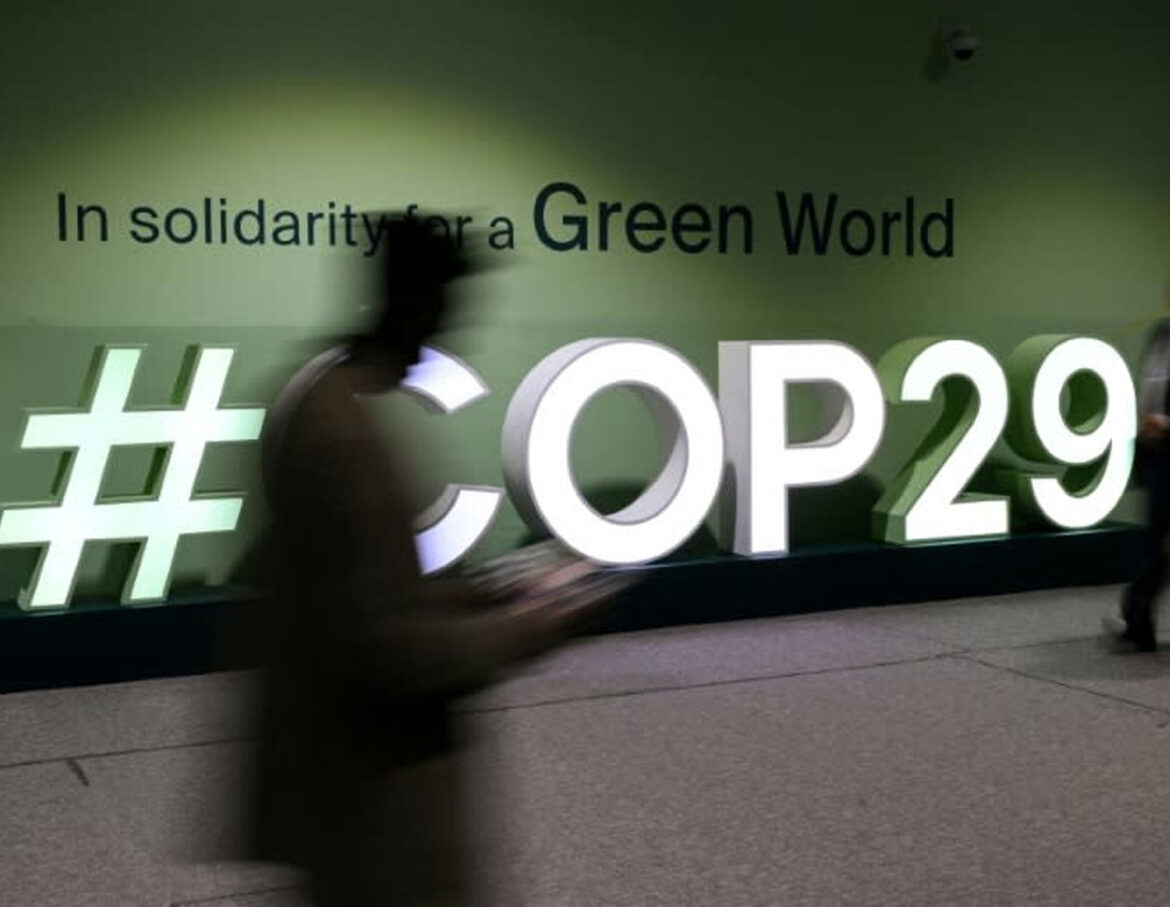The COP29 finance deal, hammered out during contentious UN climate negotiations in Baku, Azerbaijan, has drawn sharp criticism from poorer nations, with the conference leadership labeling it “imperfect.” The deal, finalized in the early hours of Sunday, commits wealthy nations to provide $300 billion annually to assist developing countries in reducing emissions and adapting to climate change.
COP29 President Mukhtar Babayev, writing in The Guardian, acknowledged the deal’s shortcomings, attributing them to the reluctance of wealthy historical emitters to make earlier concessions. He suggested that China, the world’s largest greenhouse gas emitter, was prepared to contribute more but hesitated due to the lack of movement from others.
“This deal may be imperfect. It does not keep everyone happy. But it is a major step forward from the $100 billion pledged in Paris back in 2015,” Babayev said, adding that the agreement “almost didn’t happen.”
Criticism From Developing Nations
The agreement sparked outrage from representatives of the Least Developed Countries (LDC) group, including India, Nigeria, and Malawi, who condemned the deal as insufficient and unfair. They argued that wealthy nations failed to address the escalating financial needs of vulnerable countries bearing the brunt of climate impacts.
Trust in the UN climate process has eroded, largely due to wealthy countries failing to meet past financial commitments. While COP29 established a longer-term target of $1.3 trillion per year by 2035, Babayev admitted that the industrialized world’s contributions fell short and that reliance on private sector funding remained “too theoretical.”
Azerbaijan Under Fire
Azerbaijan’s handling of the negotiations also faced scrutiny, with countries like France and Germany criticizing the authoritarian petrostate’s management of the summit. Babayev’s push to finalize the deal amid near-collapse negotiations further heightened tensions.
The agreement envisions leveraging the $300 billion pledge from wealthy nations alongside private sector and institutional funding, such as the World Bank, to achieve broader climate goals. However, Babayev emphasized the need for stronger commitments in future talks, set to take place in Brazil next year.
“This is not enough,” Babayev conceded. “But it provides a foundation to build on.”



